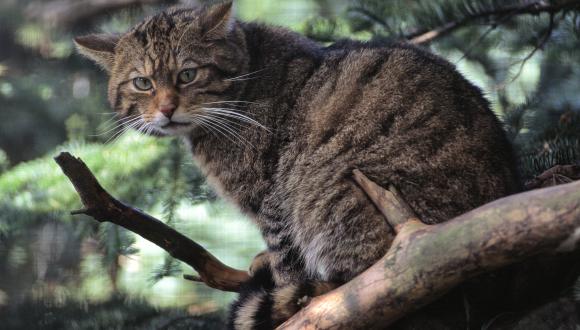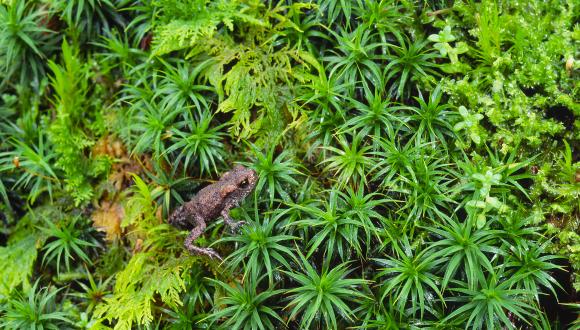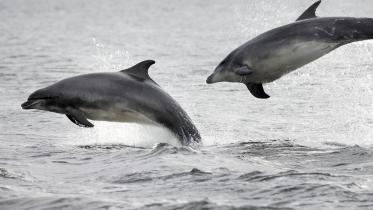Great crested newts and natterjack toads and licensing
Licences for certain purposes can permit actions that might otherwise constitute an offence against great crested newts and natterjack toads.
Great crested newts and natterjack toads are classed as European protected species. They receive full protection under the Conservation (Natural Habitats, &c.) Regulations 1994 (as amended). This extends to the places they use. Find out about protected species of amphibian and reptiles.
Licences can be granted to carry out activities that would otherwise be an offence, such as disturbing great crested newts or natterjack toads, catching them or affecting breeding or hibernation sites. These licences can only be granted for specific purposes and subject to strict tests being met.
You’ll usually need a licence to survey great crested newts or natterjack toads as most of the common survey methods disturb animals at their breeding sites or resting places.
Development works or land management activities affecting great crested newts and natterjack toads must be licensed to proceed legally. While ponds are extremely important for these species, especially for breeding, terrestrial habitats are used for large parts of the year and they can range far from their breeding sites. Therefore activities may affect these species well away from breeding sites.
If a licence is granted that might adversely affect great crested newts or natterjack toads and especially the habitats they need to survive, any impacts will have to be very carefully offset by habitat creation or enhancement to ensure that the newt and toad population’s overall status isn’t degraded.
Other amphibian and reptile species
Scotland’s shores attract reptile visitors in the shape of marine turtles, which are also European protected species. But licensing situations for marine turtles are relatively rare.
Licensing situations for other amphibian and reptile species found in Scotland are also relatively rare, due to the lower levels of protection afforded to them.
Contact us if you think that your actions might need to be licensed for any such species.
Contact
If you already have a licence number, include it in the subject line of your email, or have it to hand when you call.





